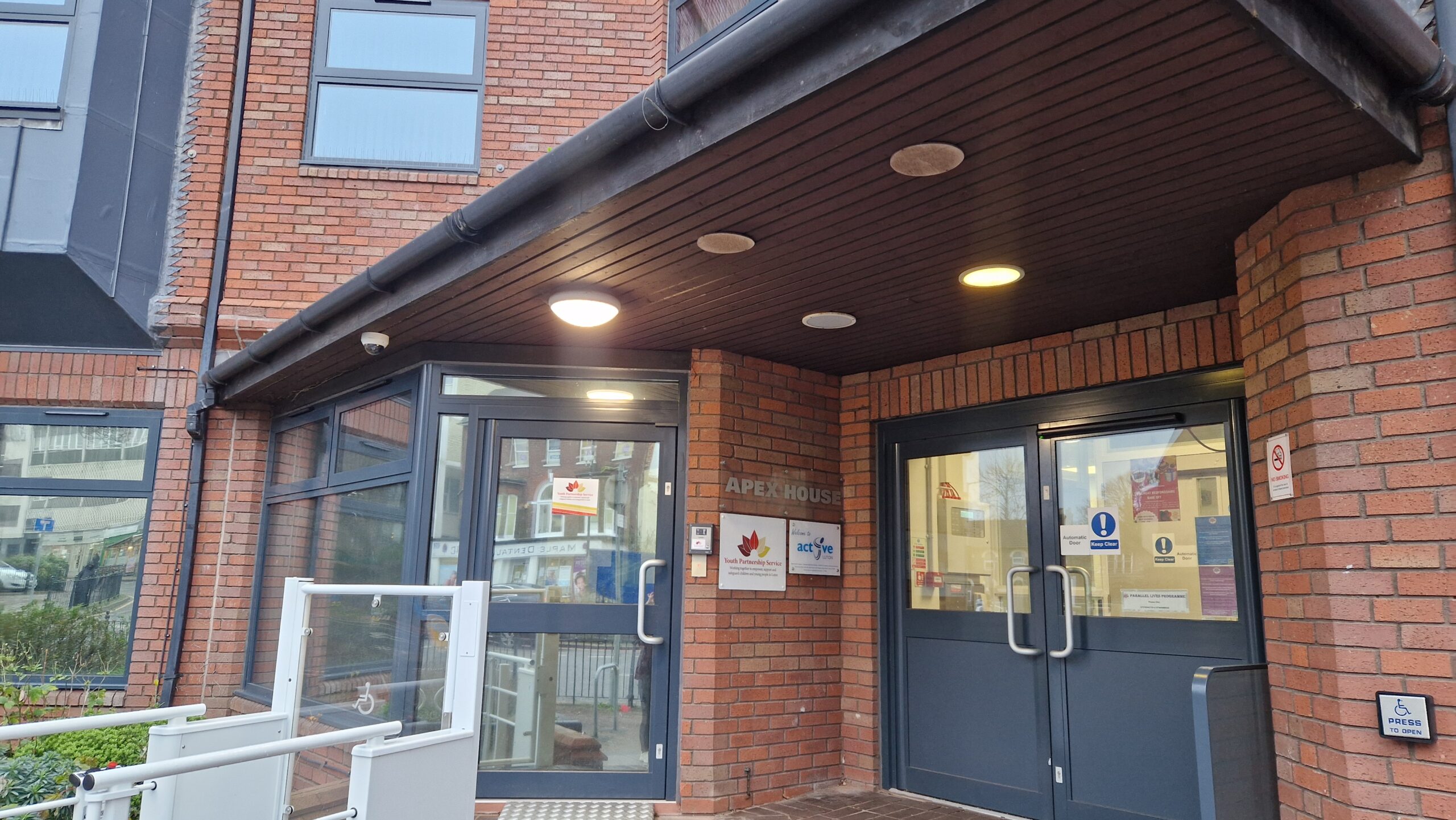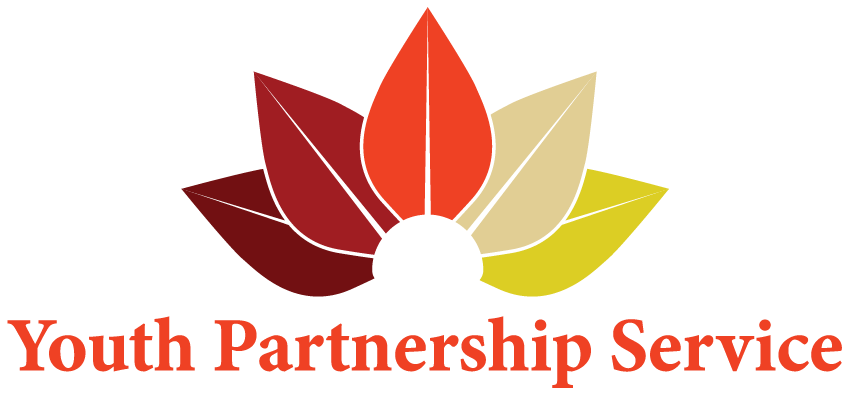For Professionals

Multi Agency Gangs Panel

Whilst we have continued to see an incredible level of development and innovation within the Service as we have risen to meet the challenges, criminal exploitation that leads to serious violence remains the number one priority. Our risk management panels have been successful in providing earlier identification of exploitation and fast track access for young people into intervention. However we need to deal with the wider societal issues because there is no quick fix to the systemic issues with young people who effectively disengage from the community in Luton once they are criminally exploited.
The MAGPan exists to co-ordinate appropriate, intelligence-led and evidence based multi-agency partnership interventions with individuals who are involved in, at risk of involvement in or directly affected by serious violence and gang related activity across Luton. However, the key challenge is to formulate an overall strategy that means the incidences of violence do not happen in the first place so we are able to focus on proactively building on successes rather than having to constantly manage and reflect retrospectively. This involves working in partnership to deliver a coherent strategy for prevention including teaching, supporting and inspiring children and young people within structured programmes of awareness and prevention.
MAGPan was originally developed as a response to the number of young people coming into the justice system for the first time with serious offending, many of who received a custodial sentence for those first offences. As a response, the development of our contextual safeguarding offer through the Youth Partnership Service has looked to proactively target resources at the right age group at the right time. The work needs to start with both children and their parents at an earlier stage before these key transitions are made. Linked to the idea of inclusion, as a Service we are driving the agenda to develop a model of delivery that sees children who struggle in education supported at an earlier stage and also supported in the various transitions through education and life. This way they can build the resilience to avoid all forms of exploitation.
We know that children and young people who present with behaviour difficulties and underlying social, emotional, mental health (SEMH) or additional learning needs are at increased risk of exclusion from school and Luton’s Behaviour, Inclusion and Wellbeing Strategy has been produced as a recommendation from the 0–19 Behaviour Review (2016). It aligns with the Education Strategy 2020, the Luton SEND Strategy 2020, the Children and Young People in Luton Guidance 2021 vision and practice framework and the town wide vision for Luton 2020-2040. It also echoes contextual safeguarding approaches to understanding and responding to young people’s experiences and vulnerabilities.
Since 2020, a Violence and Exploitation reduction until has been funded by the Home Office in Bedfordshire. The Service has built a robust relationship with the VERU and their service delivery has been integrated at the various levels across our safeguarding and risk panels.
The Amber Unit
Providing a first response service to all Secondary Schools in Luton for those types of incidents where the school would normally make a report to the Police through 101, The Amber Unit aims to identify opportunities to provide specialist targeted intervention to children to achieve the following outcomes:
- Providing a bespoke targeted package of intervention on or off-site
- Avoiding children being excluded from school
- Providing tailored support to reintegrate children back into mainstream school
- Providing risk assessments to reduce the risk of repeat behaviour
- Diverting children from the criminal justice system
- Not criminalising children for low level offending
- Increase confidence in Police and partnership agencies
The Amber Unit has access to all of the specialist workers in the Youth Partnership Service and being co-located within the same building, within that multi-agency environment, means that earlier assessment of children at risk can be met immediately by a team of specialists to deliver intervention.
Amber does not aim to replace emergency calls to the Police, Schools should always use 999 in an emergency. Likewise Amber should not be used to deal with day-to-day behavioural issues within Schools, the response is for when Schools identify that the child has potentially committed an offence with their behaviour.
Two warranted police officers are seconded to the Youth Partnership Service as part of a team with two dedicated Targeted Youth Workers.
Schools can call the office number and someone from The Amber Team will aim to attend the School in person within the hour.
If specialist targeted intervention to avoid exclusion or facilitate diversion can be utilised, Amber would facilitate that arrangement with the School Head and/ or Designated Safeguarding Lead. Alternatively, an arrest can be made if deemed most appropriate in the situation to keep the young person, and those around them safe.
A risk assessment will be undertaken and a plan of intervention will be proposed based on that assessment. If the child needs to be removed from School to undertake a period of specialist intervention, the plan will need to provide a plan for reintegration once the intervention has been delivered.
If any onward referrals need to be undertaken (such as MAGPan) Amber will undertake these in partnerships with the School.
Luton Youth Fund

London Luton Airport Ltd (LLAL) and Luton Borough Council (LBC) work in partnership to improve the quality of life of the people of Luton and ensuring that the focus of the Luton 2020-2040 vision to reduce poverty, raise aspirations and drive improvements to health and well-being creates opportunities for the hardest to reach children and young people.
The Luton Youth Fund is targeted around a number of key priority areas to meet the challenges presented by the exploitation of our children and young people. It is focused to ensure that it is achieving the right outcomes for the hardest to reach children and young people in Luton who are vulnerable to forms of exploitation which could lead to them into risky behaviours, becoming involved in criminal exploitation or coming into the care system. The fund has been successful in funding programmes to tackle any form of exploitation of children and young people such as gang associated behaviour, serious youth violence or sexual exploitation, which encompass a multi-agency approach. This has also included outcome-focused interventions around learning, life skills, employment and also prevention including teaching, supporting, mentoring and inspiring children and young people or parents within structured programmes of awareness to avoid any form of exploitation.
In partnership with this Service as the relationship manager of this fund, we have benefitted from number of interventions from community organisations and specialist providers delivering in the community, in the homes of children and their families and within schools. The fund has seen smaller providers in Luton excel in the outcomes they achieve for young people and it has allowed for specific innovative pieces of intervention directly targeted to group of young people some of which will be outlined later when exploring the key risks and challenges going forward.

Education Delivery

Youth Partnership Service’s Targeted Youth Team can come into schools from year 5 to deliver workshops and mentoring focusing on topics such as Online Safety, Healthy Relationships and Resilience amongst others. These topics form part of the Early Intervention strategy to reduce the exploitation, criminalisation and stigmatisation of young people.
Studies of the risk and protective factors associated with gang involvement commonly identify education as one of five key areas of influence alongside individual attributes, family factors, peer groups and community characteristics. Conversely, strong school performance has been found to be a significant protective factor, lowering the risk of exploitation. However risk factors which relate to the wider social environment of the school have tended to receive less attention than those which relate to an individual or their family background. This is possibly because to address them, whole school structures have to be considered, rather than individuals.
Beyond The Gate is a school based model to raise awareness of youth violence and other dangers to young people such county lines, grooming, CSE and CCE. It seeks to create a school culture where:
- All those working in schools are able to identify those at risk through an understanding of the risk factors and indicators associated with youth violence
- All young people attending schools are empowered with relevant knowledge and understanding to make informed choices that keep themselves and others safe
Commissioned through the St Giles Trust, we have created a full time co-ordinator post and this post now sits across a number of schools in Luton acting as a conduit between the school and attendance at MAGPan. Within the school, the co-ordinator works both with all pupils, small at risk groups and targeted pupils to inspire, motivate and encourage young people to fulfil their potential.
In order to create a cohesive, consistent and sustainable framework of targeted early awareness and pathways to intervention, the Youth Partnership Service are working with the Behaviour, Inclusion & Wellbeing Advisory Board (BIWAB) to focus on risk management and reduction for school children on the edge of criminal exploitation.
Education, Training & Employment
Underpinned by the work of the partnership, practice and innovation have focused on dealing with complex issues and recognising the external factors affecting children once referred into the Service. In the wider local context there has been a rise in exclusion and further tightening of local resources affecting suitable alternative placement provision and sustaining programmes gained from introduction of our Platform One initiative for post-statutory aged children.
We need to overcome the obstacles that are first identified during their schooling but become acute at point of leaving formal education. This ‘iceberg moment’ reflects the accumulation of poor outcomes associated with children as progression can be stunted through school. Analysis of our caseload consistently identifies that 6 in every 10 children have significant concerns with ETE, half of whom have not sustained ‘good’ attendance. Underlying concerns regard the impact of unidentified SEND, concerns around EHCP status and Learning Needs along with Speech and Language communication issues. We have been successful in embedding this agenda into the routine practice between the agencies brokered by our Advisory teacher and Education Officer for post school aged children.
Our school aged children continue to have provision and structure in place whilst in school, so it is significant that we have previously identified 40% of children experiencing alternative provision that, ideally, need to return to mainstream schooling. This is further supported by a local part-time timetable strategy that identifies and monitors children on reduced timetables. That scenario has impacted on many of our children that may not be registered under the facade of it being suitable. Concerns remain that this combination of personal and systemic responses incubate a young person until they reach 16 and a half and result in NEET status. We have been successful in embedding partnership officers on key panels and forums so strategy reflects those marginalised children from where we draw our cohort.
Supported Transition Programme
Using MAGPan and Amber as examples of the good practice of statutory and community organisations working in partnership, in September 2022, the Service started co-ordinating a 3 year pilot called the Supported Transitions programme. Working alongside Luton primary schools the initial cohort was identified of students who were likely to struggle with the transition from year 6 to year 7 and therefore be at an increased risk of exclusion from school as a result. Initially working alongside primary schools to identify the first cohort, 22 children were selected.
We have worked closely with primary and secondary schools, outside agencies and support services to identify and offer a targeted support programme for these children and families. That support will continue throughout the summer and for the first three months once they transition to Secondary school to offer these students additional transition support and to create an individual support plan for their year 7 start.
